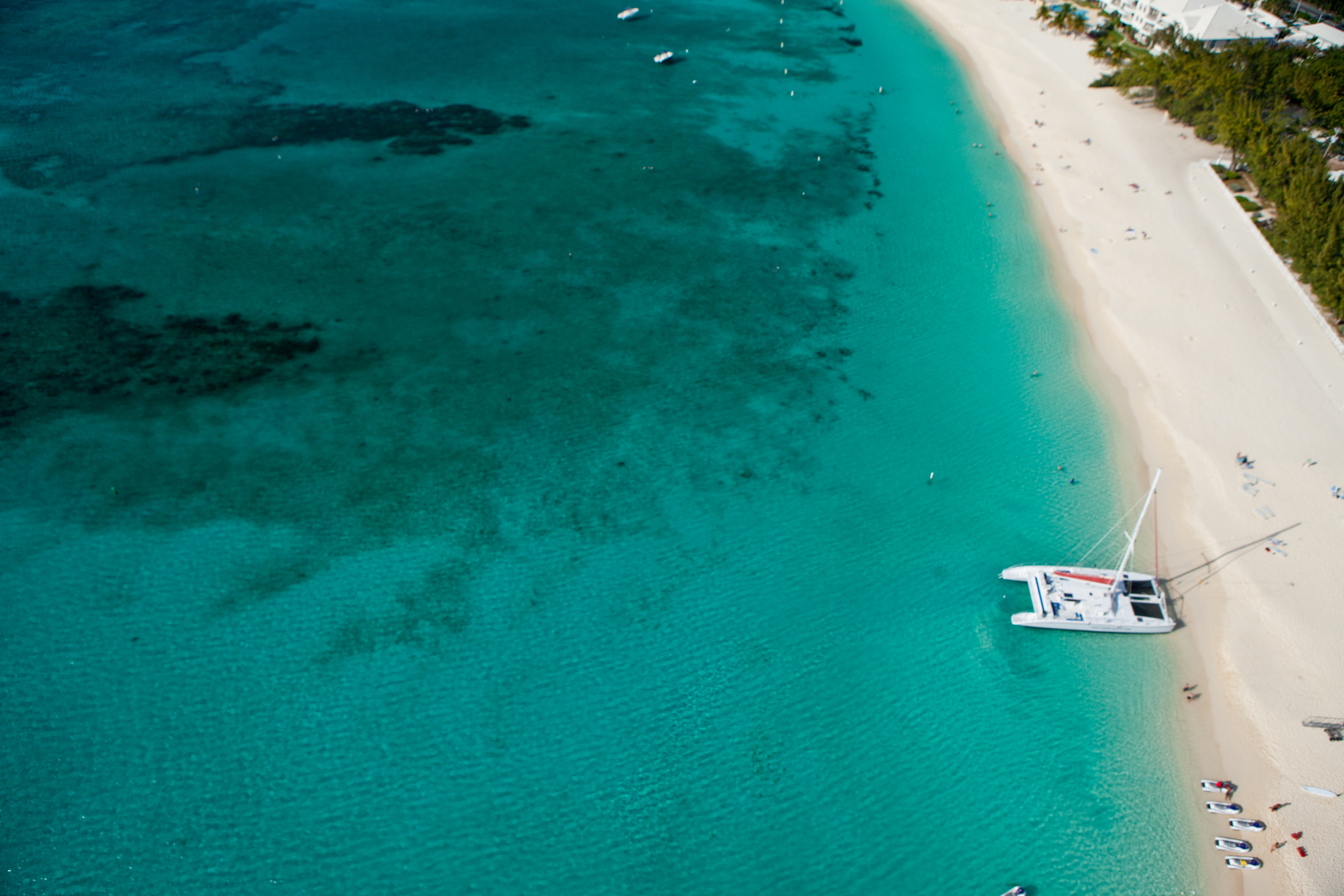Living In The Caribbean: Our Top 10 Best Islands To Live On
Editor's Note: Some of the information below may be out-of-date. Anguilla, Puerto Rico and the U.S. Virgin Islands were heavily impacted by Hurricane Irma and Hurricane Maria. Please visit caribbeantravelupdate.com for updates.
If you're dreaming of living in the Caribbean, then you should consider these island paradises: the best Caribbean islands to live on.
Read more in our Ultimate Best Islands to Live On Guide. | See where the top Caribbean islands rank on our worldwide Top 20 Best Islands to Live On.
The incredible water is the source of most jobs on the Cayman Islands. Obtaining a work permit can be a bit of an obstacle course, so planning ahead for a three-month wait is wise. The job market opens up in September, when tourist season is just ahead.
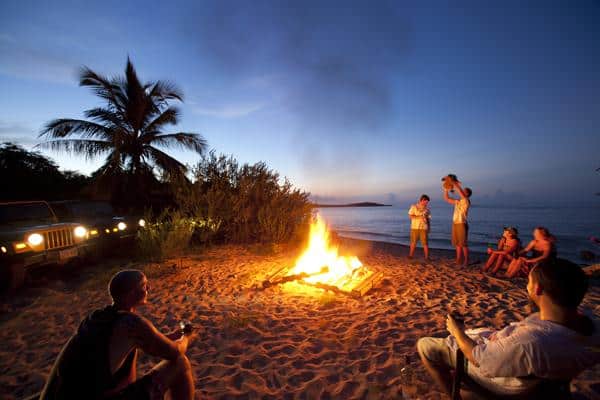
This is one of the Islands editors' favorite photos of what life in the U.S. Virgin Islands promises. Hanging out with new friends and families on a little unnamed beach in a quiet corner of St. Croix, having a sunset bonfire. That's the island life.
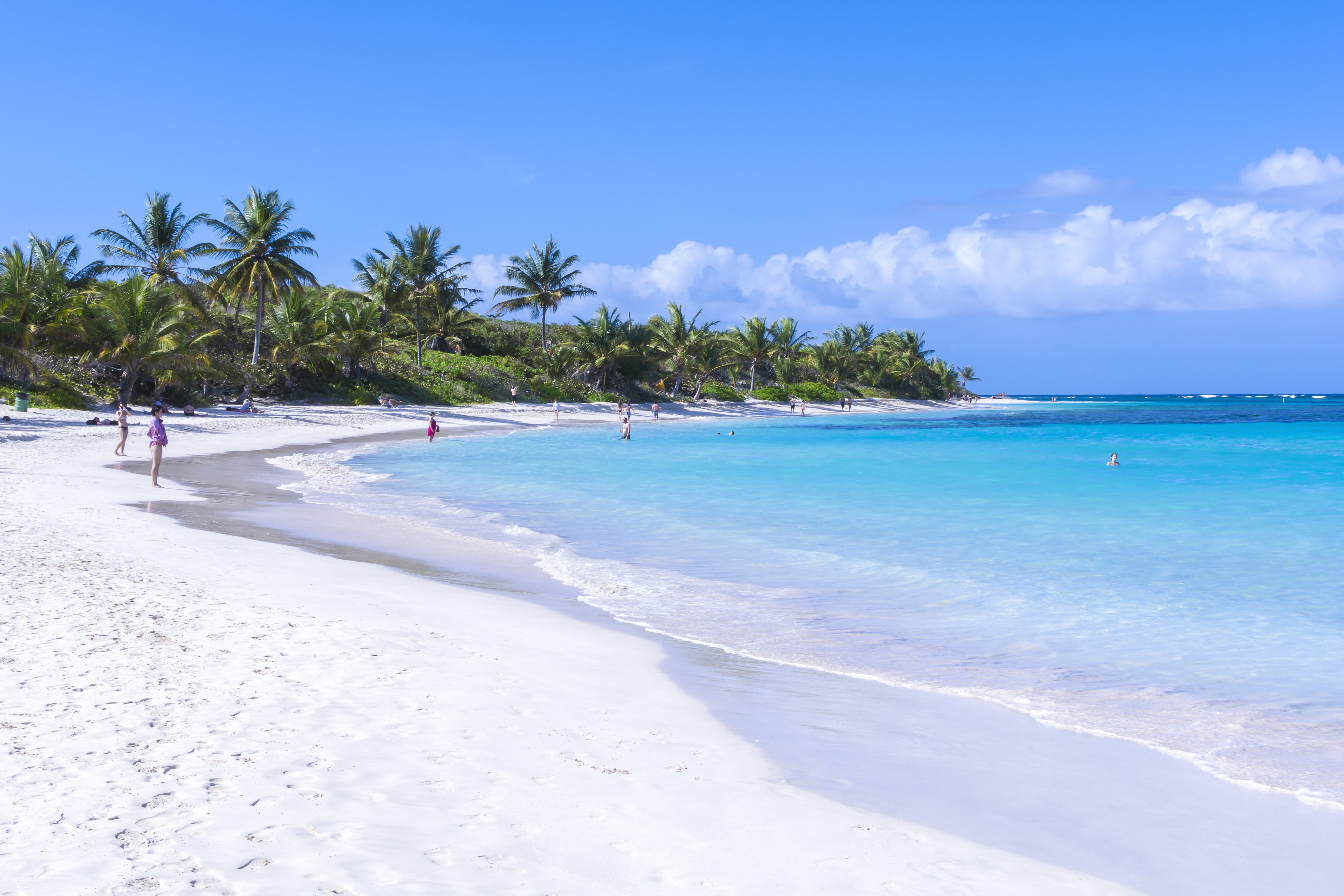
Hard to believe an island this close to mainland Puerto Rico can be so pure and sparsely populated. It might be too small to uproot a family and replant here, but for retirees, singles, empty nesters, people buying a second home ... Culebra is hard to beat.
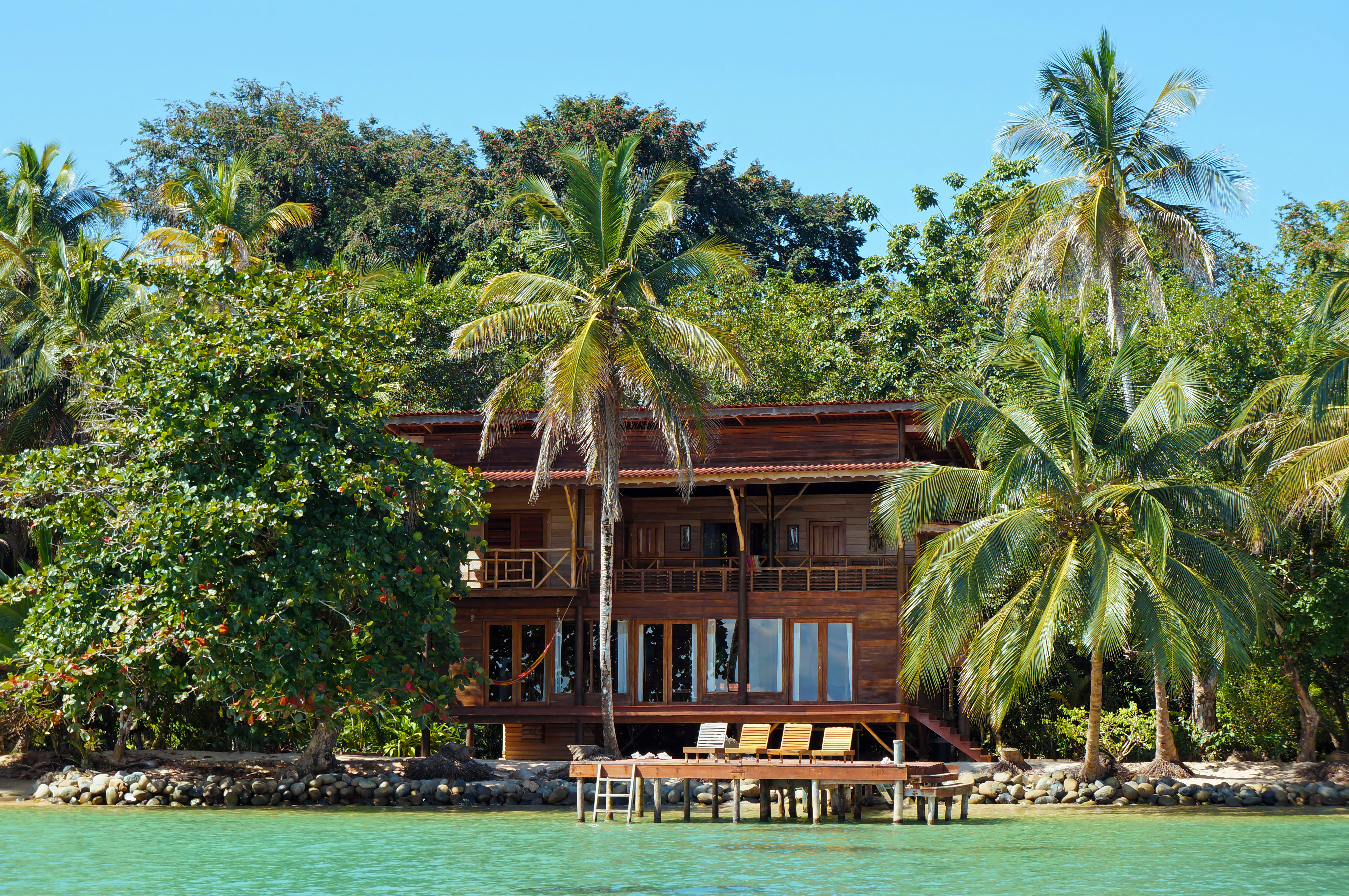
The western Caribbean is a relatively newer frontier, and Bocas del Toro has proven to be a popular draw for expats. The Bocas island group has never had a recorded hurricane and the U.S. dollar is the national currency, The number of bikes and footpaths are evidence of the laid-back choice of transportation.
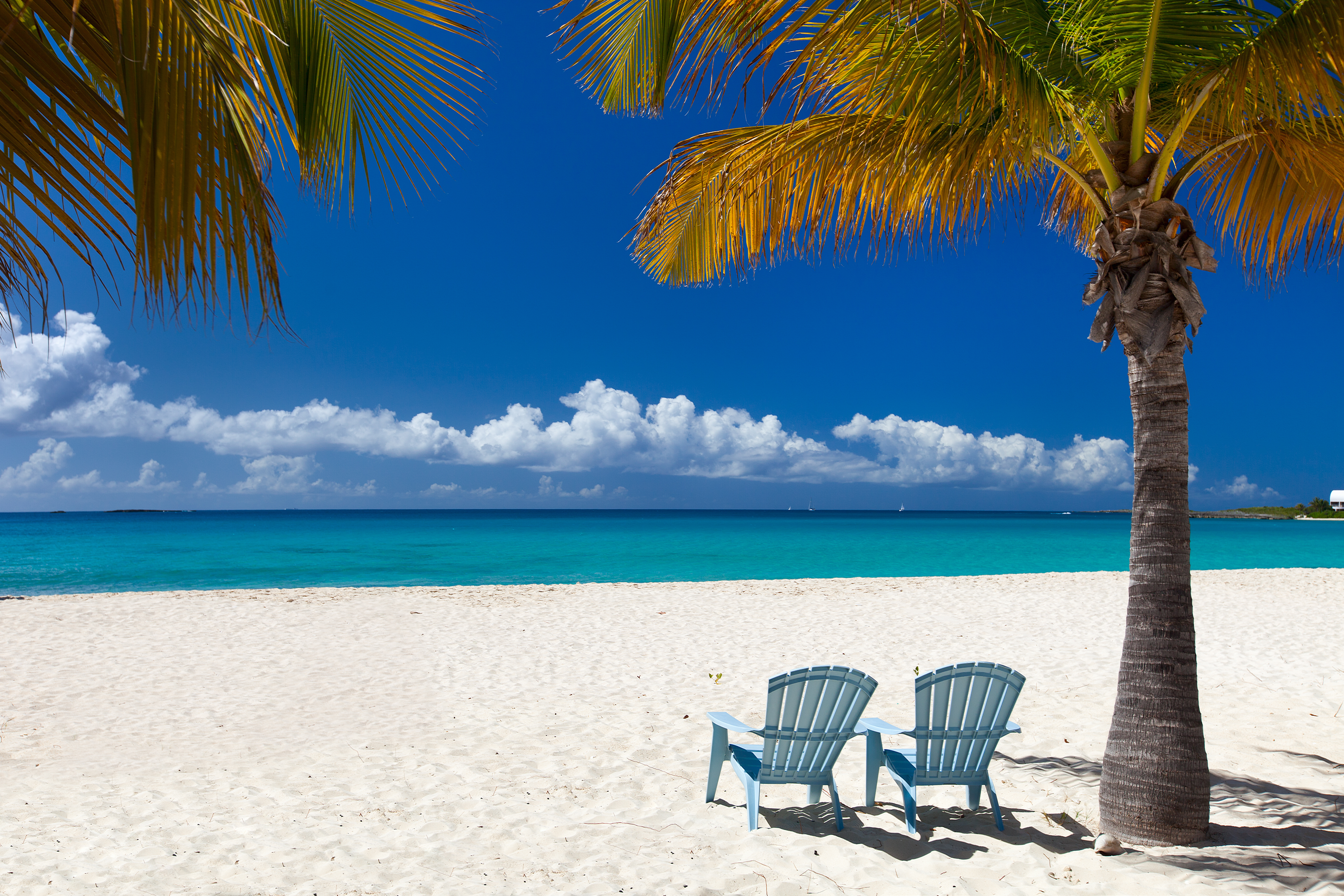
North of the French West Indies and just east of Puerto Rico and the BVI, Anguilla isn't as far removed as you might think. Not geographically. But culturally it's a distant outpost. Something healthy is in the air, water and food, because people here are known to live long.

Corby Parfitt was once a marketing director cramped in a San Francisco cubicle. Now he and his family live on the USVI island closest to the mainland, St. Thomas, because of a unique offering: Home Depot. That store has been essential for Corby's business, a real-estate company.
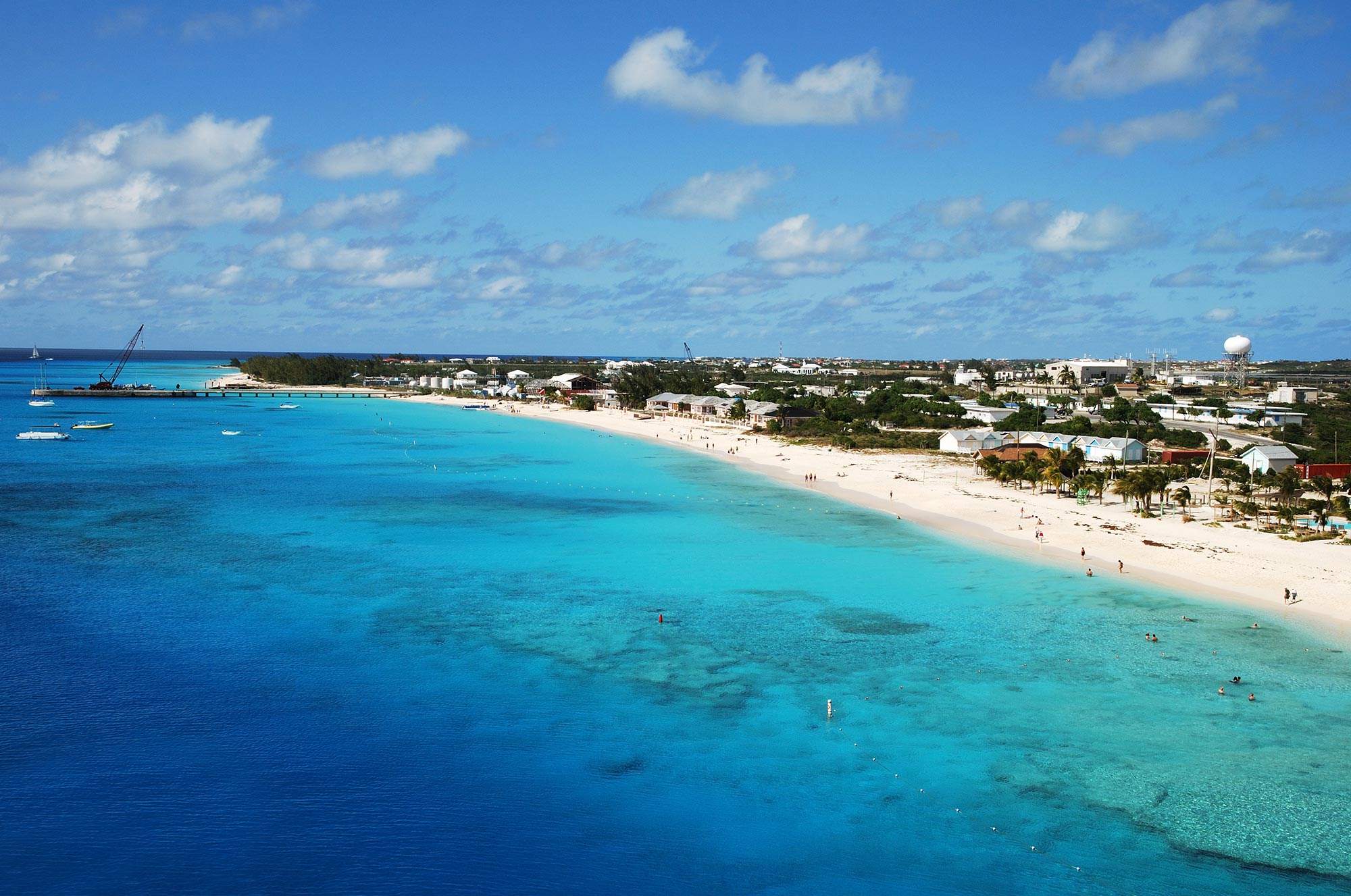
In one word we can tell you why people move here: water. It's beyond amazing. The most populated of the Turks and Caicos is Providenciales (aka Provo). Residency and work permits are easy to navigate, and there are plenty of business opportunities. Eight airlines offer nonstop service from the States.
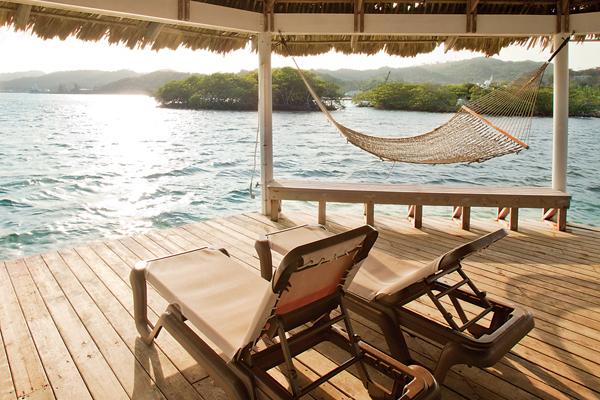
Don't be alarmed by the negative press about Central America or Honduras in particular. The mainland isn't as bad as it's made out to be, and besides, Roatan is far away from it all. Until recently, almost all expats came for the diving (the world's second-biggest barrier reef is swimming distance from shore), but now they also come for the weather and the cost of living.
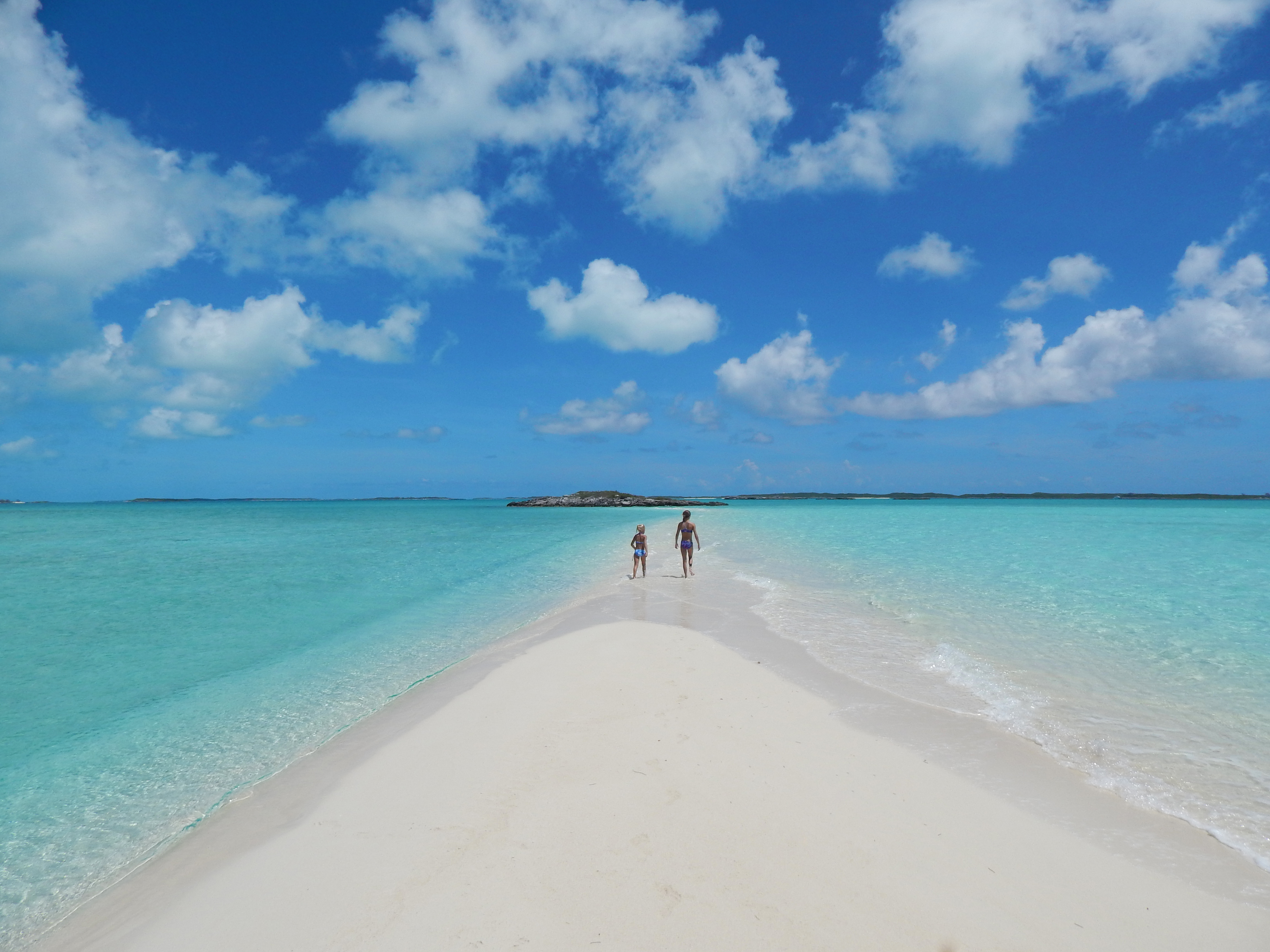
Armed with a decent budget, the most dreamy move is out to the Exumas where island ownership is in vogue. But those looking to live in a more civilized area choose Nassau. There are more business ops on Nassau and it's the only hub for ferry and floatplane service to nearby escapes.
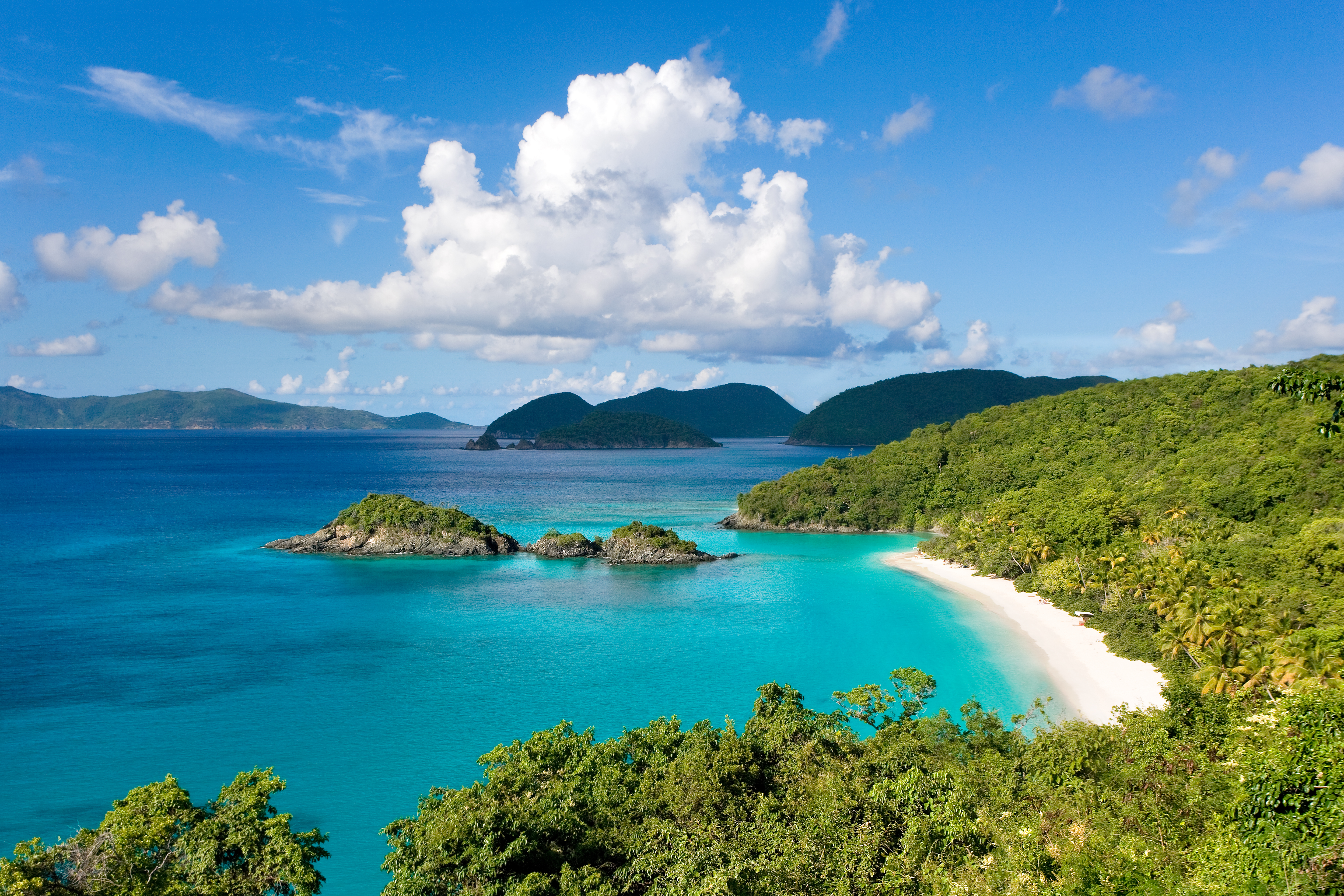
It seems to be among the final three options for most people considering a move to the Caribbean. Being a U.S. territory makes for an easier-than-most transition, yet St. John has a pure island lifestyle: lush hills, pocket beaches, sea breezes to compliment the ever-present sun. The airport is in St. Thomas, necessitating a ferry over to St. John and keeping this new home a bit less worn than its bigger sibling island.
